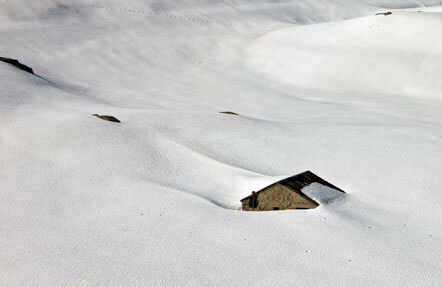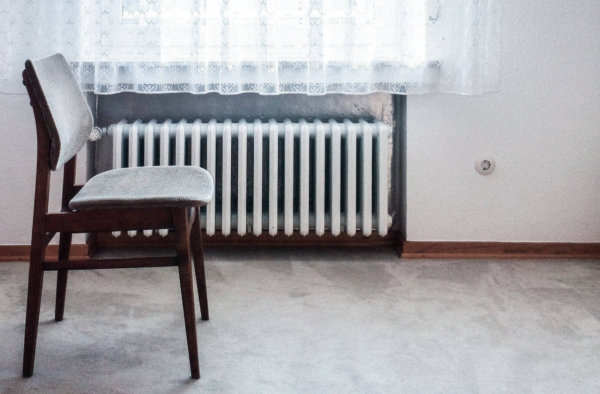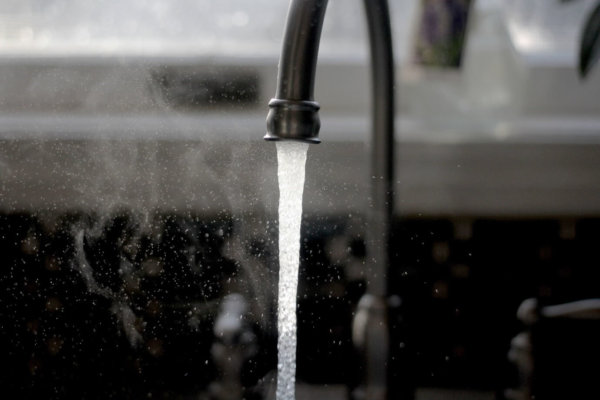Steps to winter proof an elderly relative’s home

The colder months can be especially harsh for the elderly. With fuel at higher prices, heating bills can quickly eat into allowances, pensions and savings, sometimes leaving older people faced with difficult decisions. The wrong choice could be the difference between a comfortable winter and risking ill-health.
If you have an elderly friend or relative, you’ll want to make sure they are as safe and warm as possible. While you may not be able to pay their heating bills for them, there are a few things you can do to help see them through winter.
At Premier Care in Bathing, we’ve put together a list of things to minimise the chill, keep costs down, and winter proof their home.
Test the central heating
It may seem a little basic, but many people fail to discover there’s a problem with their central heating until they really need it running.
If things are working smoothly, turn the radiators off in unused rooms, saving unnecessary expenditure and keeping the warmth where it’s needed. Make sure any vents are closed, too, to prevent any loss of heat. If there’s a problem with the boiler, make sure it’s seen to by a qualified professional.
Consider further insulation
Not all attics and lofts are as well insulated as they should be, and this can result in significant heat-loss and some extra zeros on the heating bill. Insulation doesn’t have to cost the earth and, in some cases, it doesn’t have to cost anything at all.
Providers will give insulation, free of charge, to some types of housing. Others restrict their offers to those in receipt of certain benefits, one of which happens to be Pension Credits. If the resident is living in a rented home or council accommodation, the landlord or the council can take steps to ensure that the insulation is to the approved standards.
Keep the bathroom safe
Winter proofing a home isn’t just about keeping the bills down. A drop in temperature can cause potential hazards, particularly in rooms where water runs.
It’s worth checking just how safe your friend or relative’s bathroom is. Inadequate seals on windows can make a bathroom cold and, in extreme cases, cause moisture to freeze.
Walk-in baths and walk-in showers are advisable for elderly people at any time of year, but, in winter, they provide extra safety against slips and trips. Simple practicalities, such ensuring that there’s a non-slip rug on a smooth-surfaced floor, can add further safeguards.
Heated towel rails will also add extra warmth to a bathroom while keeping towels warm and dry.
Shop around
It’s an unfortunate fact that as the temperature goes down, our fuel bills go up. The darker nights mean burning more electricity and the colder weather means using more heating.
However, it’s possible to keep the bills down by shopping around for the best deals. It’s worth checking with your elderly friend or relative who their provider is. If they’re tech-savvy, then suggest they hop onto a comparison site to confirm they’re getting the most for their money. If the internet isn’t something they’re comfortable using, offer to do it for them. Comparison sites are easy to use and you may end up securing a much better deal.
Find the draughts
Windows can be sealed with relative ease or, if there’s money available, replaced with energy-efficient double glazing. Draughts coming under doors can be stopped with inexpensive draught excluders, or there are seals available from most home-improvement shops that can be applied in just a few minutes. These should be installed by a professional to ensure that they do exactly what they’re supposed to.
Winter can be an expensive season for us all but it tends to take its toll on the elderly. By taking a few simple precautions, you can ensure that older friends and relatives get through the colder months without discomfort.



